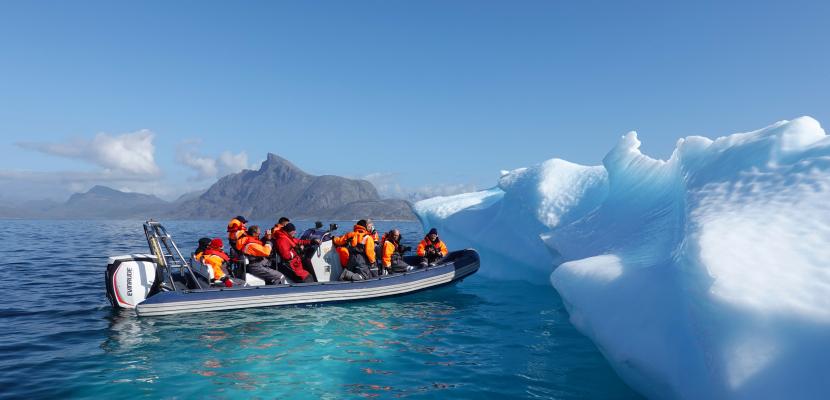
Climate change: how can law teachers help?
The Intergovernmental Panel on Climate Change (IPCC) was established in 1998. The objective of the IPCC is to provide governments at all levels with scientific information that they can use to develop climate policies.
Since 1990, the IPCC has delivered five Assessment Reports, described as ‘the most comprehensive scientific reports about climate change produced worldwide’. According to the IPCC’s most recent report:
- Human influence on the climate system is clear, and recent anthropogenic emissions of greenhouse gases are the highest in history.
- The continued emission of greenhouse gases will cause further warming and long-lasting changes in all components of the climate system, increasing the likelihood of severe, pervasive and irreversible impacts for people and ecosystems.
- In urban areas, climate change is projected to increase risks for people, economies and ecosystems, including risks from heat stress, storms and extreme precipitation, inland and coastal flooding, water scarcity, sea-level rise, and storm surges.
- Rural areas are expected to experience major impacts on water availability and supply, food security, infrastructure, and agricultural incomes.
- By the end of the 21st century, it is very likely that more than 95% of the ocean area worldwide will experience sea level rise.
Anthropogenic climate change is the great challenge of our time, and possibly the greatest challenge we have ever faced.
It has fallen upon the contemporary global community to work together to understand climate change, to address climate change, and to mitigate its consequences.
It is an overwhelming responsibility. It comes as no surprise that so many organisations and individuals are so overwhelmed by that responsibility, that they seek desperately for ways to avoid it – by denying that climate change is anthropogenic or is even occurring, by ignoring or responding with nihilistic nonchalance, by focussing on short term profit and personal gain, or by focussing on distractions …from PlayStation and pizzas to pandemics and politics.
Those of us genuinely concerned to respond appropriately to anthropogenic climate change face not only the physical challenge of dealing with climate change and its effects, but also the psychological, emotional, ethical and social challenges of persuading and motivating our governments, corporations, family members and friends to join us.
Fortunately we have at our disposal an extraordinary set of tools. We have rationality. We have science. We have perseverance and resilience. We have a generation of energetic young activists determined to do whatever they can to help. And one of the most powerful tools we have is the law.
It isn’t always obvious how lawyers can contribute to addressing climate change. But it is the law that ensures that the science-based solutions to climate change are implemented and adhered to. Used appropriately it is the law that will help to ensure the global community is united in its response to climate change … and it is global unity that is so desperately needed. (Of course, the law can also be used as a barrier to an effective response.)
And so it falls upon us as lawyers, legal scholars, legal practitioners, members of the judiciary and law students to work together to identify the ways in which the law can and should be used to respond to climate change, including
- ensuring domestic laws align with our international obligations
- regulating industry in a manner consistent with reducing emissions
- addressing the human right implications of climate change
- ensuring our community’s responses to climate change are equitable and fair
- ensuring lessons learned from Indigenous members of our global community are applied appropriately and effectively
As the Dean of a law school, my own interest is in identifying ways in which legal education itself can contribute to addressing climate change, by leveraging partnerships between scholars, practitioners an students to facilitate climate change justice initiatives, and by embedding climate change and climate change law in the curriculum to support the creation of a generation of young lawyers who have the knowledge and the skills to help shape the law in a climate friendly manner.
All of these issues and more were touched upon at the recent the 2021 Climate Change, Law and Legal Education Conference, jointly hosted by the Bond University Global and Comparative Law and Policy Network and the Centre for Professional Legal Education. I had the pleasure of attending and presenting at the Conference, and hearing from an extraordinary range of speakers about the importance of teaching climate change law to law students, and the many challenges we face in doing so. A book collecting some of the papers presented at the conference is being organised, so look forward to further updates soon about that worthy project.